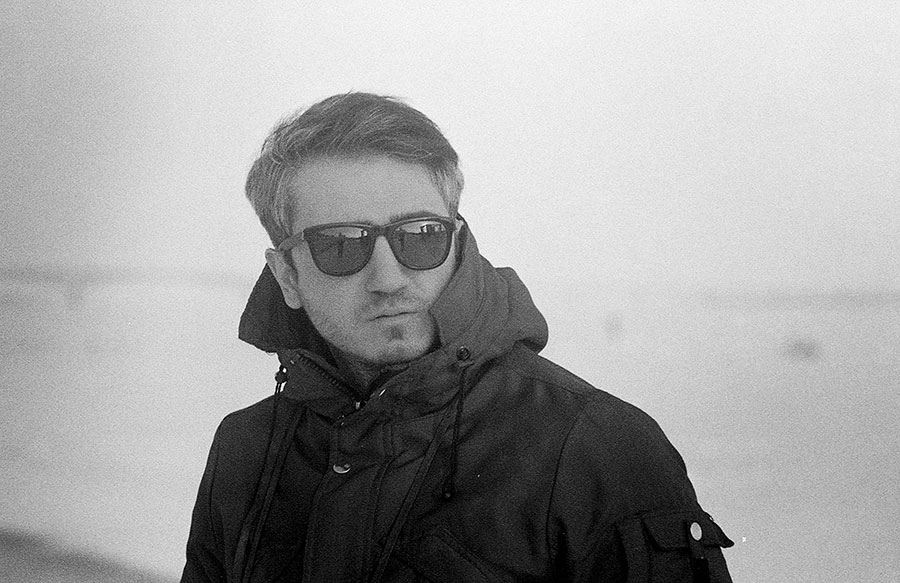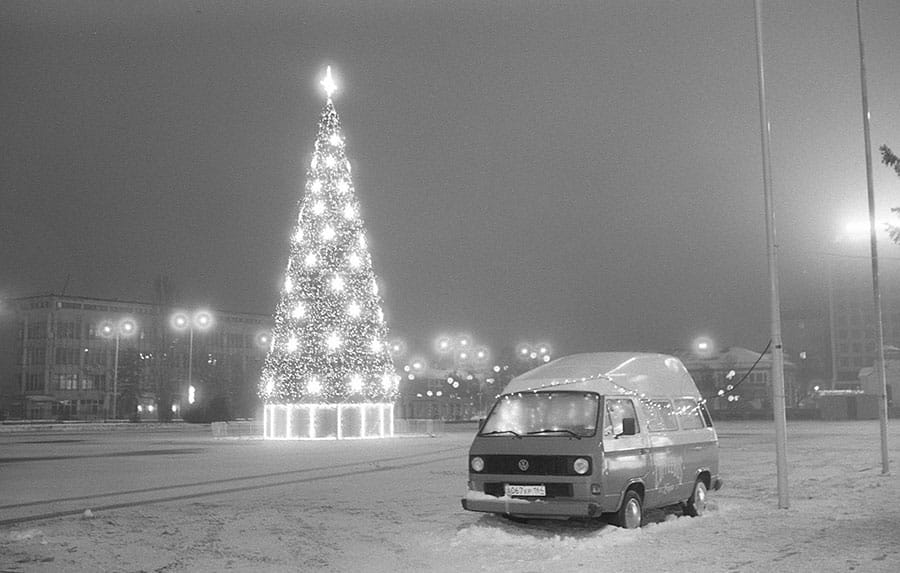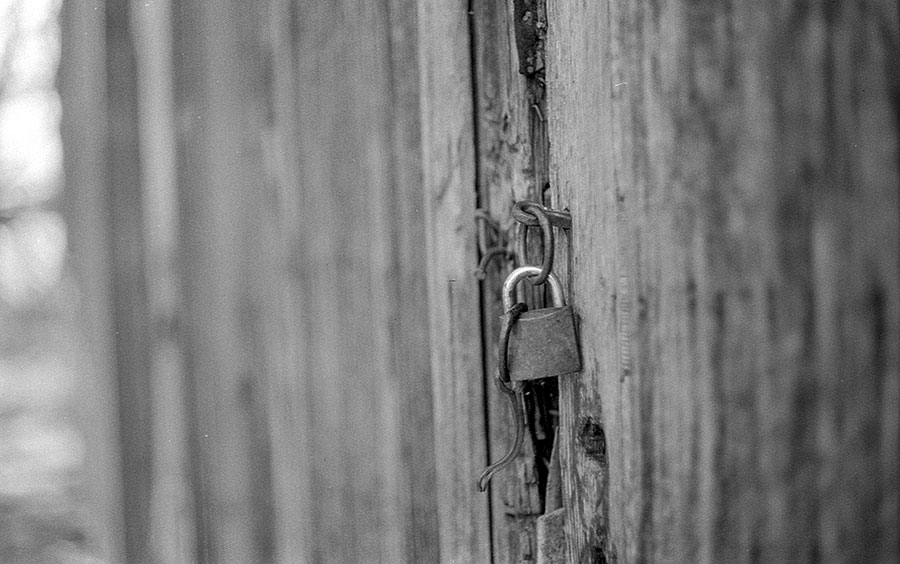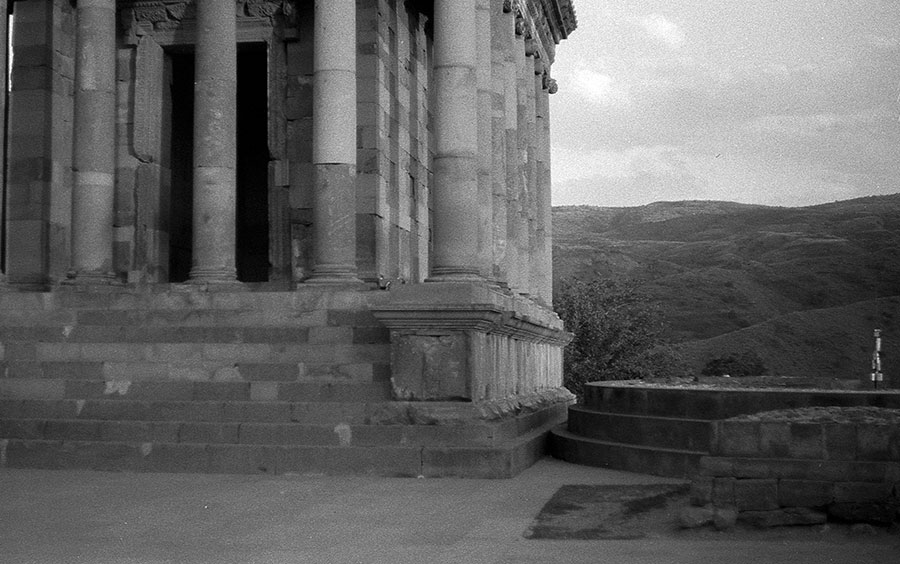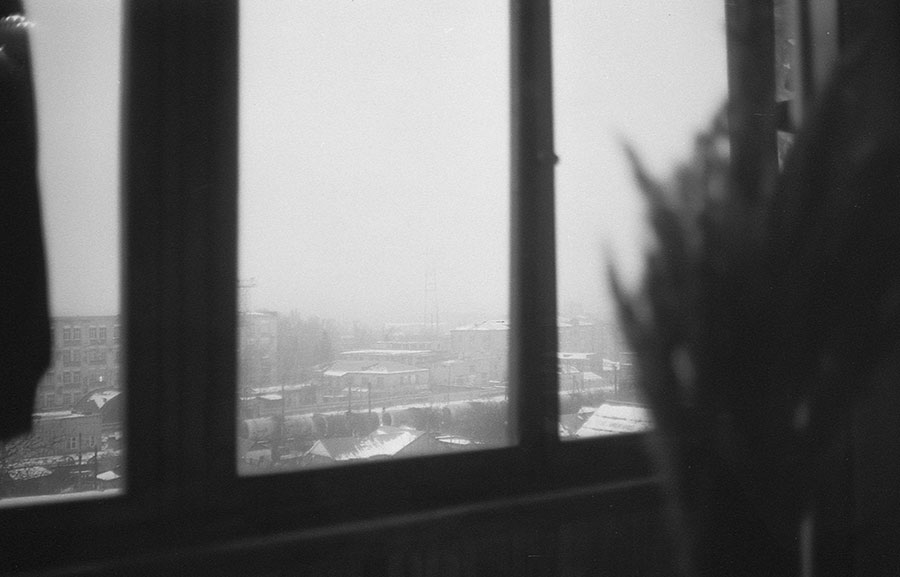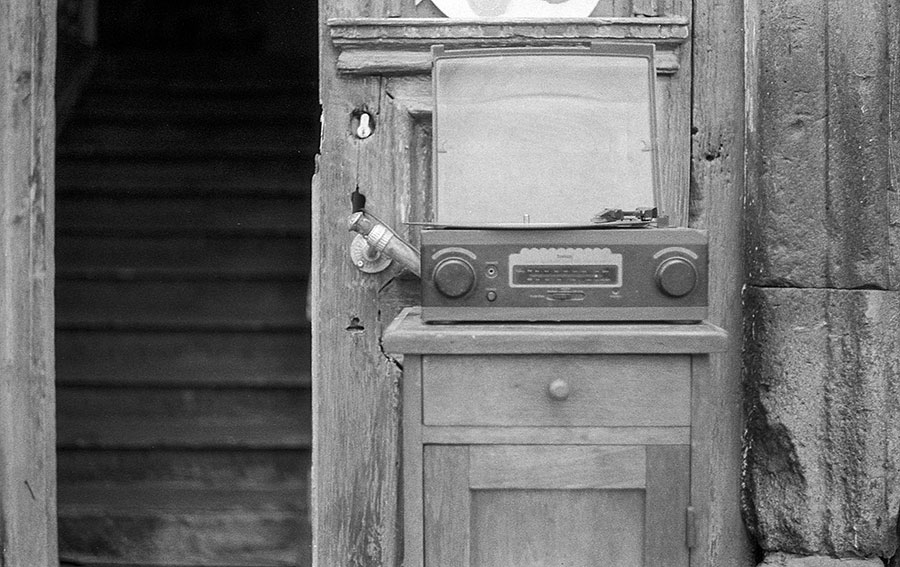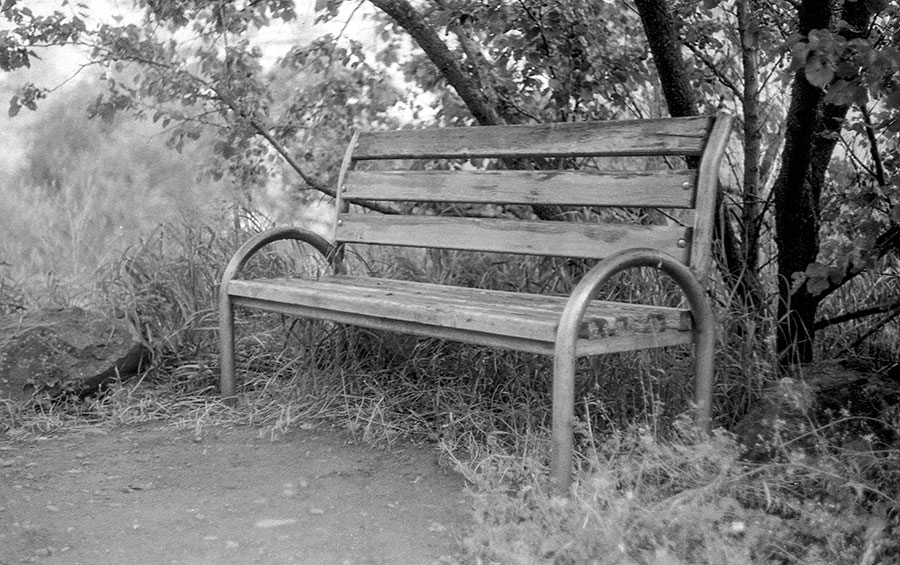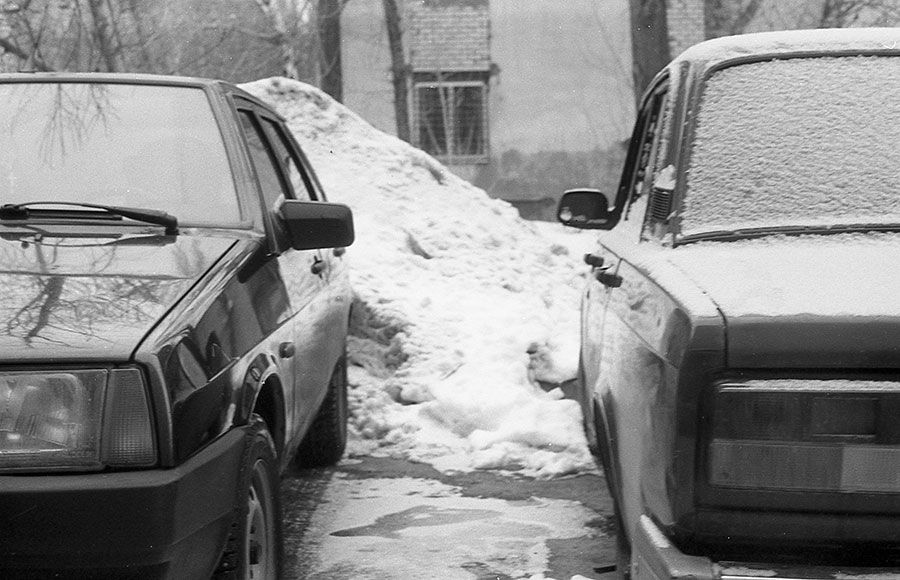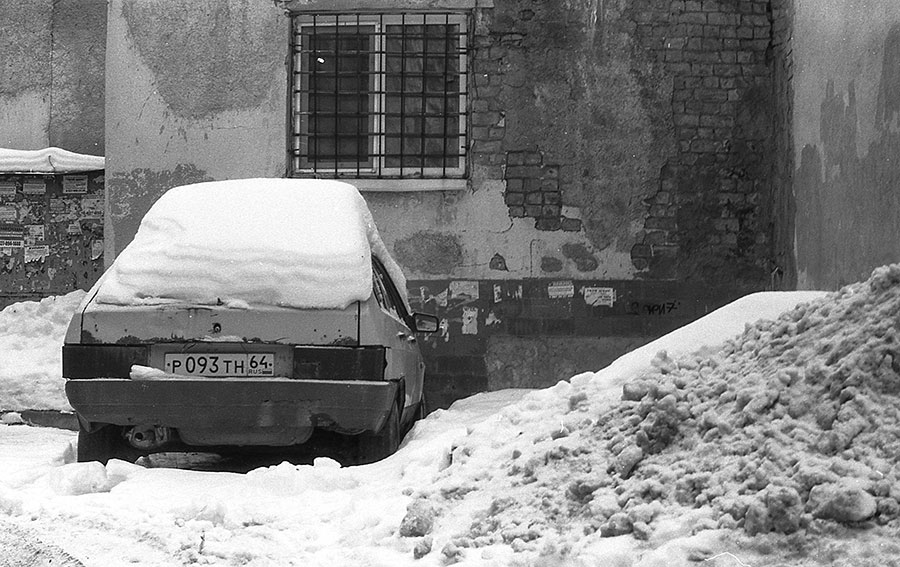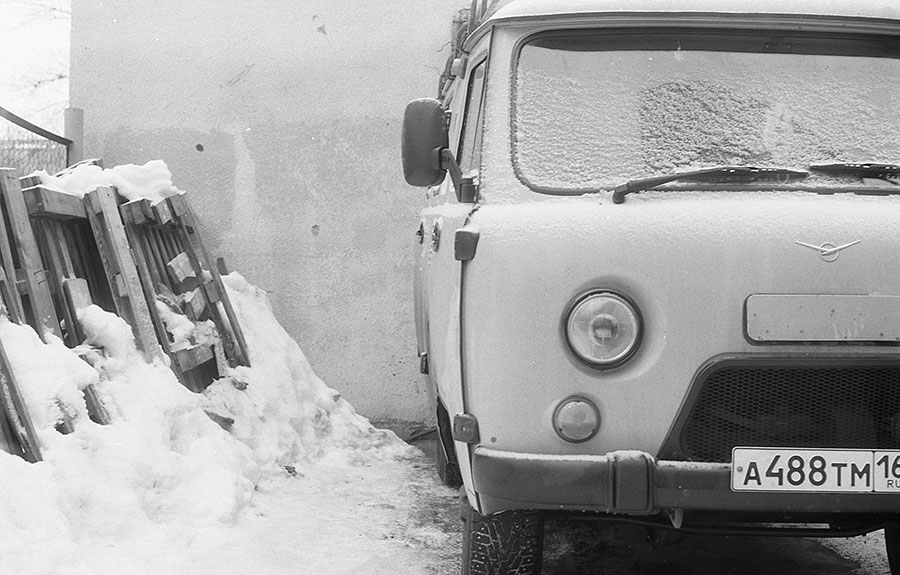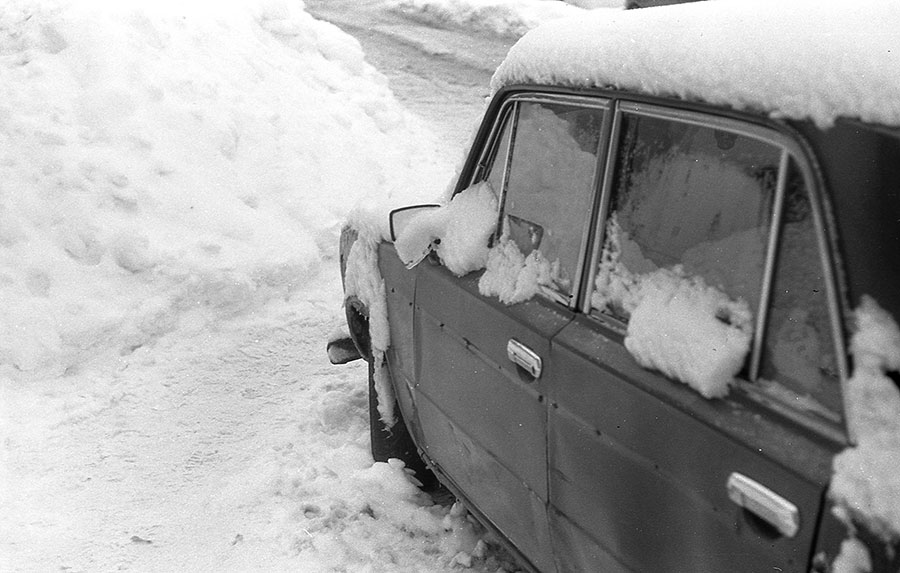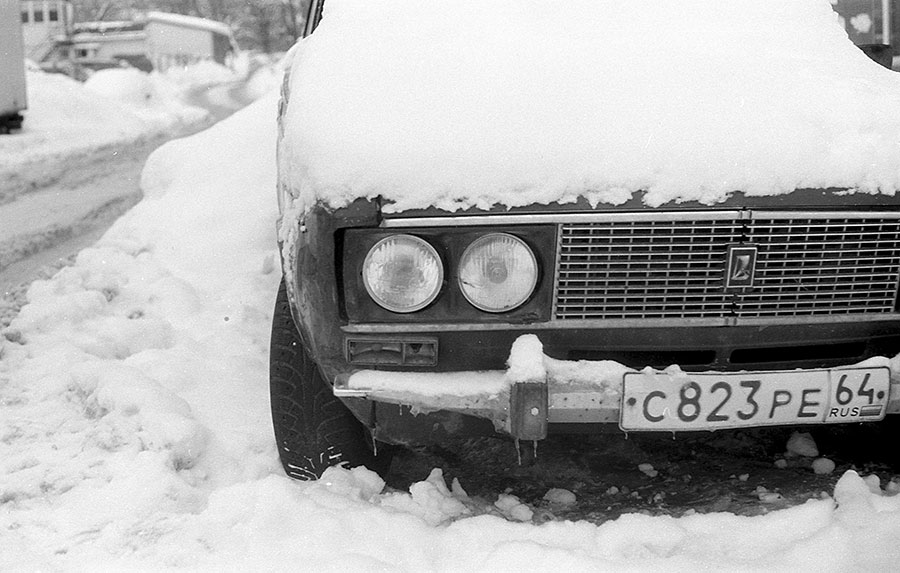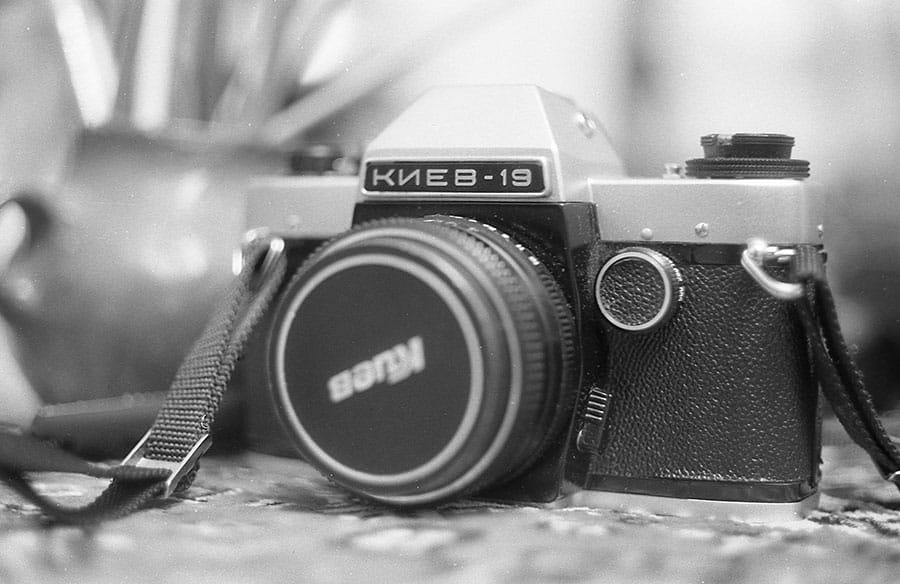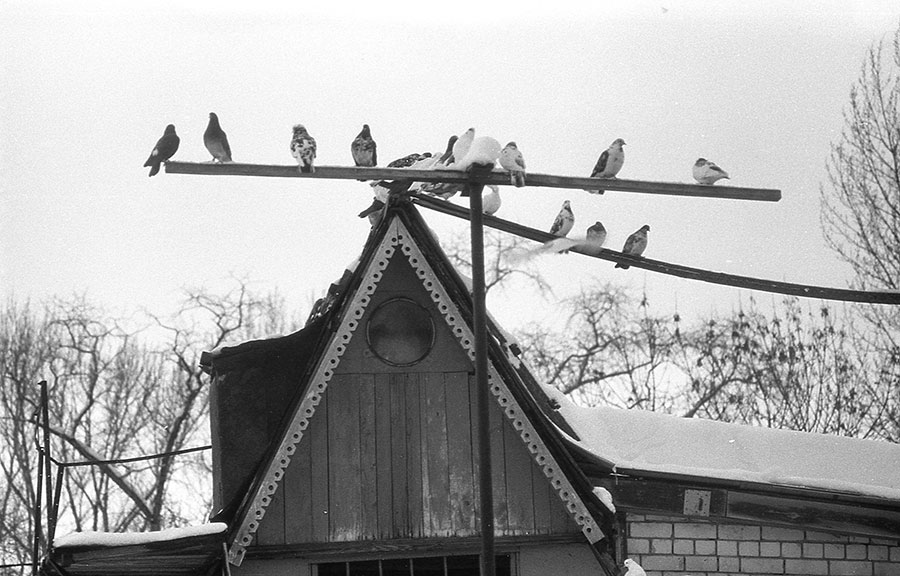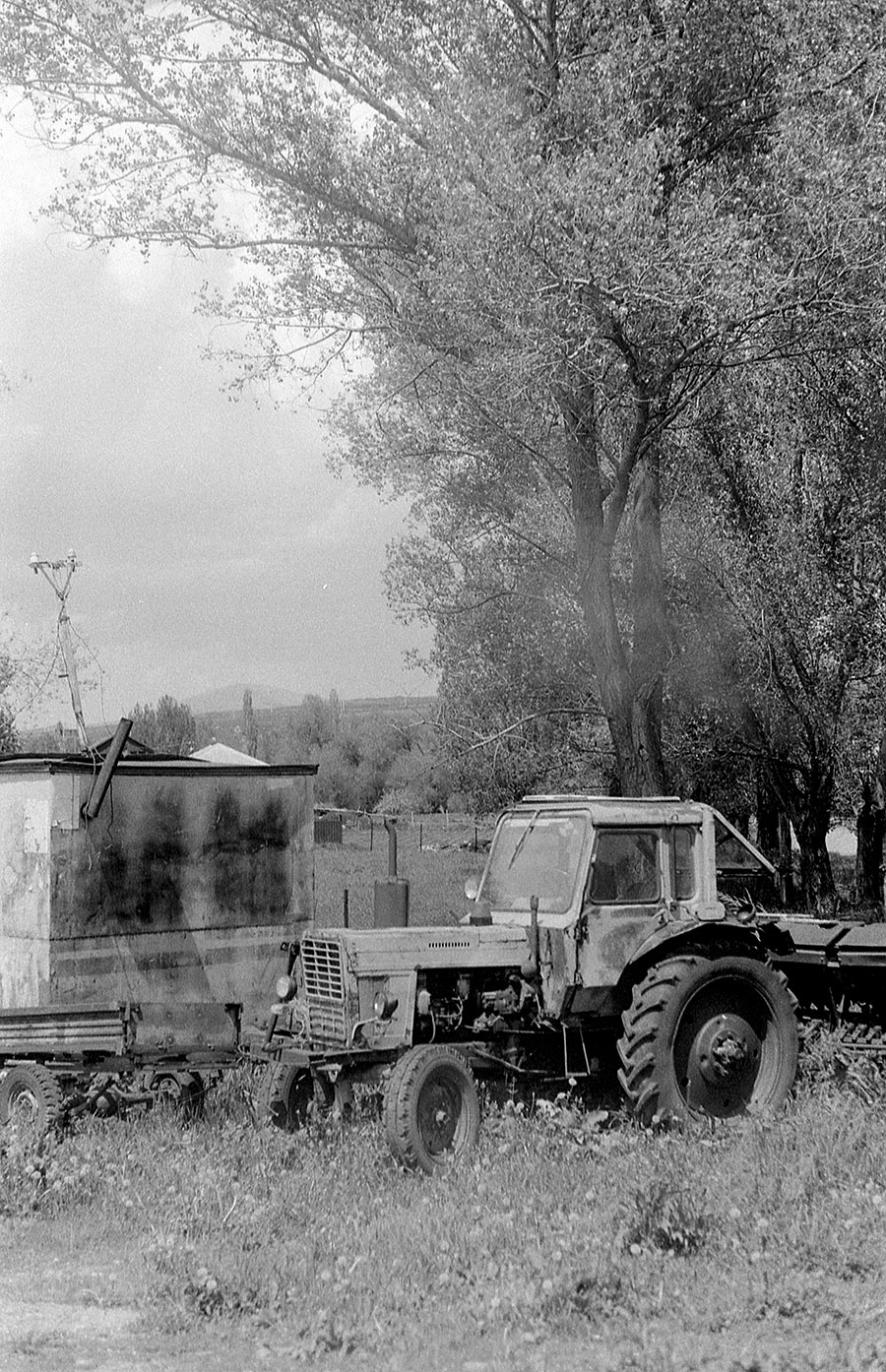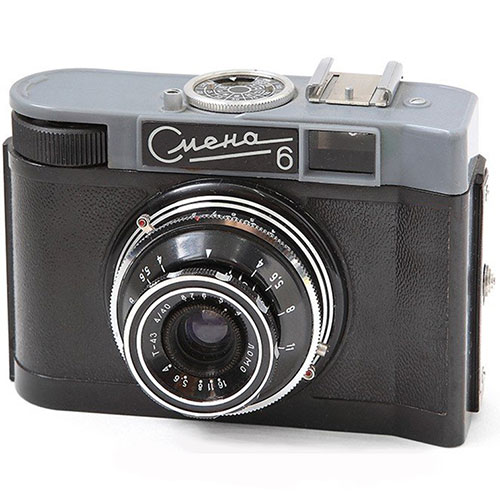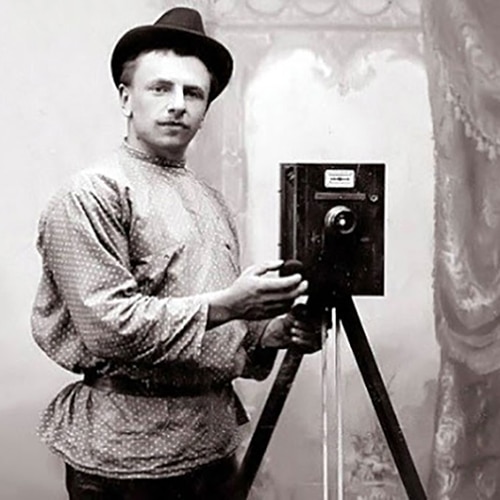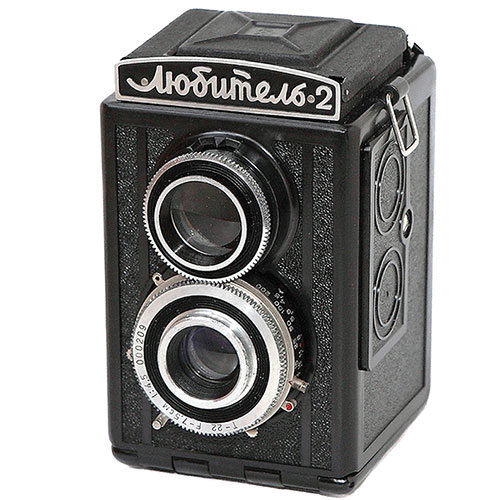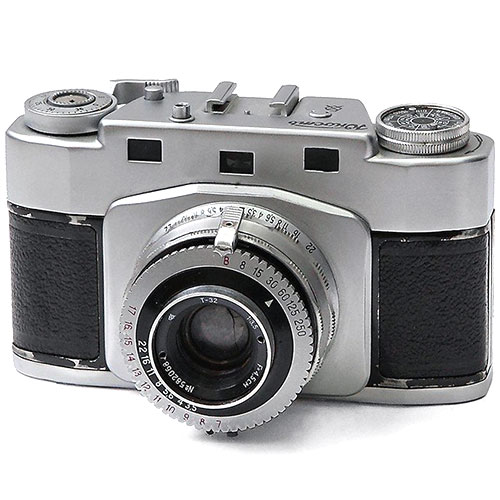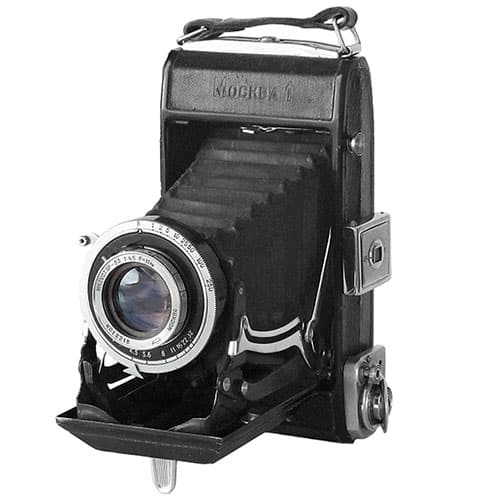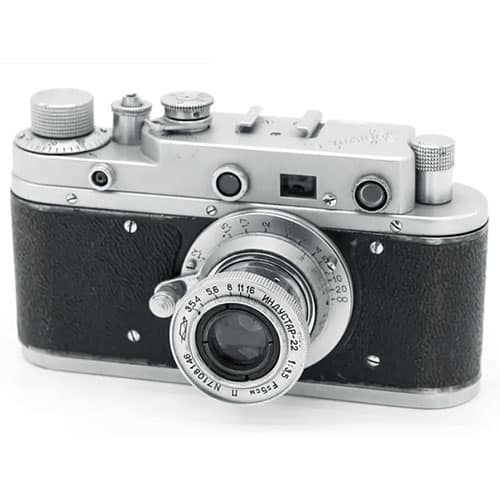Zenit-BM
Zenit-BM is a 135mm Soviet SLR camera that was an upgraded version of the Zenit-B camera with an added aperture control mechanism.
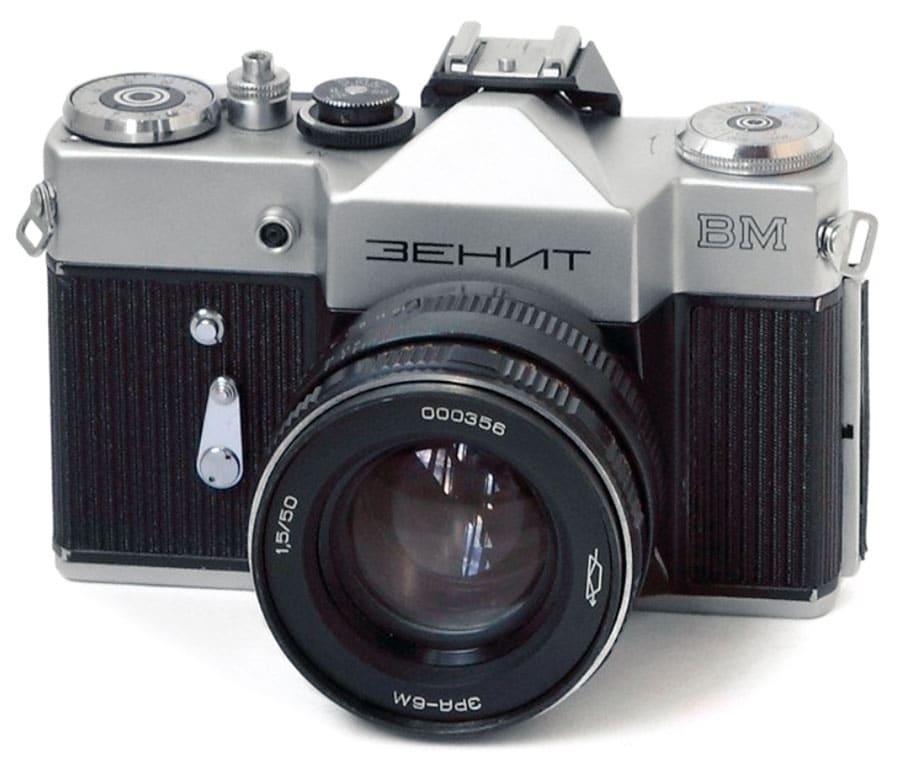
The letter “M” in the name Zenit-BM means “Modernized”, but if you read our previous articles, then most likely you know that in the Soviet Union even the smallest changes were enough to give the camera a new name. And Zenit-BM is not an exception, because the only improvement in comparison with the previous model is only the aperture control mechanism.
Zenit-BM Specifications
- Type: 35mm SLR camera
- Manufacturer: KMZ plant
- Production period: from 1972 to 1973
- Format: 24x36cm on 135 film
- Lens mount: m42 thread mount
- Lens: Helios-44M f2.0/58
- Viewfinder image field size: 20×28mm
- Shutter: focal-plane shutter with speeds from 1/30 to 1/500 sec.
- Viewfinder: SLR with non-removable pentaprism
- Lighmeter: none
- Flash synchronisation: sync socket “X”, sync speeds from 1/30 s and longer.
- Selftimer: mechanical
- Weight: 1000 grams
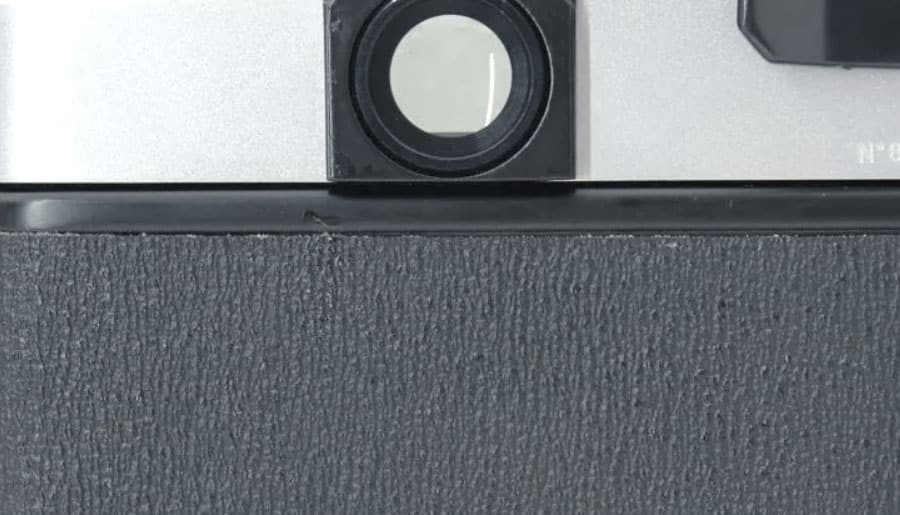
Together with the addition of the aperture control mechanism, the shutter button was moved to a more convenient place, to the same place where the shutter button is located in the Zenit-TTL camera. For easier focusing, a circle of microprisms has been added in the center of the focusing screen.

The Zenit-BM camera is very similar to Zenit-EM, and in fact the main difference from this camera is the absence of a selenium light meter. Given that in our time the selenium light meter most likely will not work in these cameras, there is no actual difference for modern film photography lovers between these two cameras.
As in almost all Zenit cameras equipped with a cloth shutter, the viewfinder covers only 65% of the area of the future frame.

Such an unpleasant feature was a consequence of the fact that the camera was equipped with a shutter, inherited from the first Zorki and FED cameras, in which this shutter, in turn, was inherited from the first Leica cameras. Due to the nature of the shutter, there was little room for a mirror inside the camera, which led to engineers having to make a smaller mirror, which led to little frame coverage.
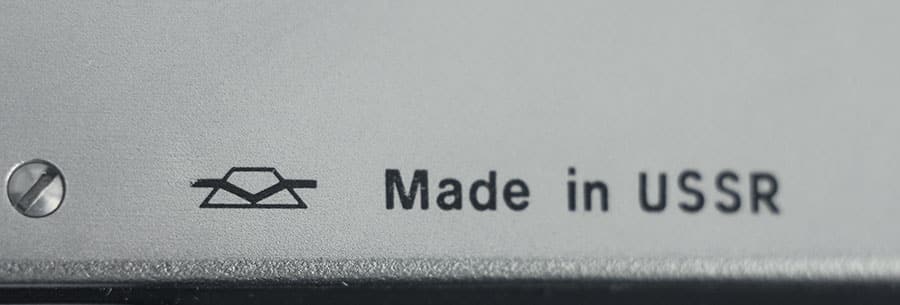
This Soviet film camera was equipped with a shutter, traditional for SLRs from KMZ, with shutter speeds from 1/30 sec to 1/500 sec. As we said earlier, this set of exposures is not so bad, but of course, on such Soviet cameras as Kiev-17 you will find a much richer set of shutter speeds.
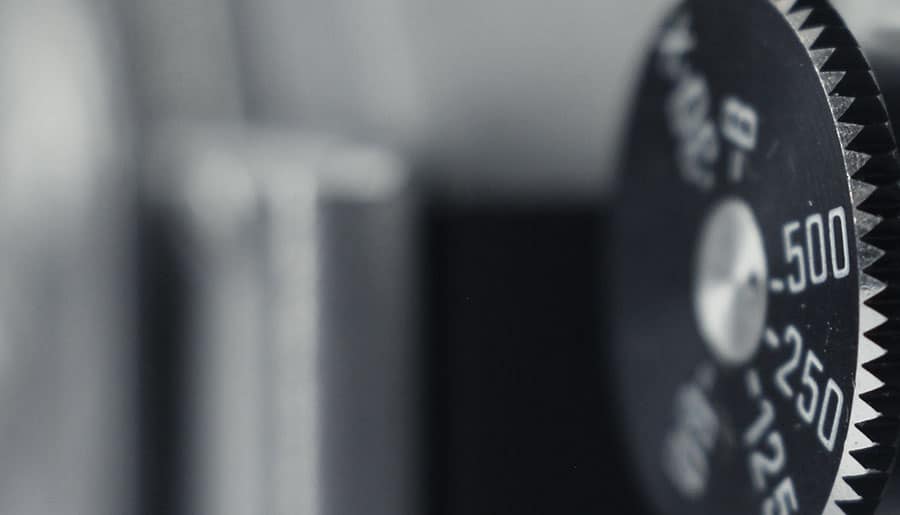
Unlike the Zenit-B camera, this model was equipped with a Helios-44M f2.0/58 lens, which had a aperture control mechanism. This mechanism greatly simplifies the work with the lens and speeds up the process of creating photographs.
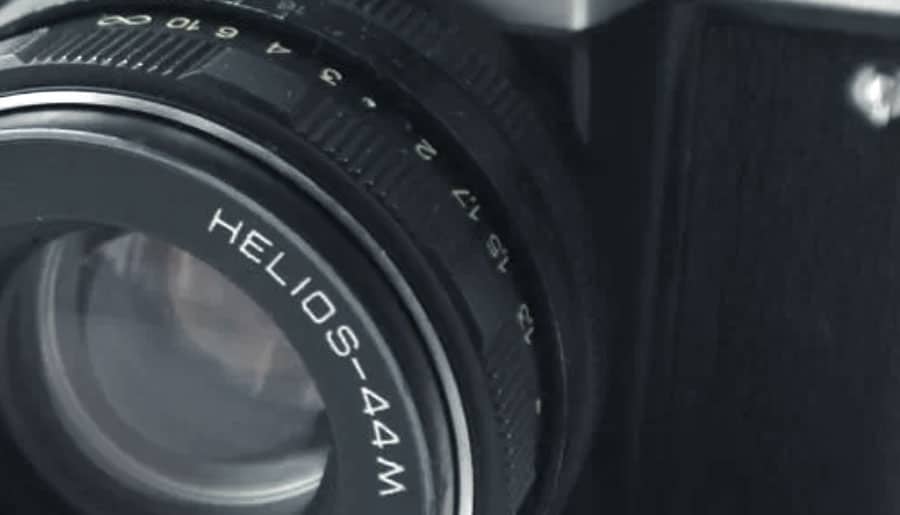
Conclusion
The Zenit-BM camera is rare, and for many collectors it is a value, due to the fact that the camera was produced for only one year and there were only 1239 copies produced.
But is this device of interest to modern lovers of film photography?
In our opinion, no, because this film camera does not differ for the better from other, later SLR produced at the KMZ plant.
For a more reasonable price, you can buy, for example, a camera such as the Zenit-122, which has a fully working TTL light meter, an excellent bright viewfinder and a bunch of other advantages.
ZENIT-BM PHOTOS
